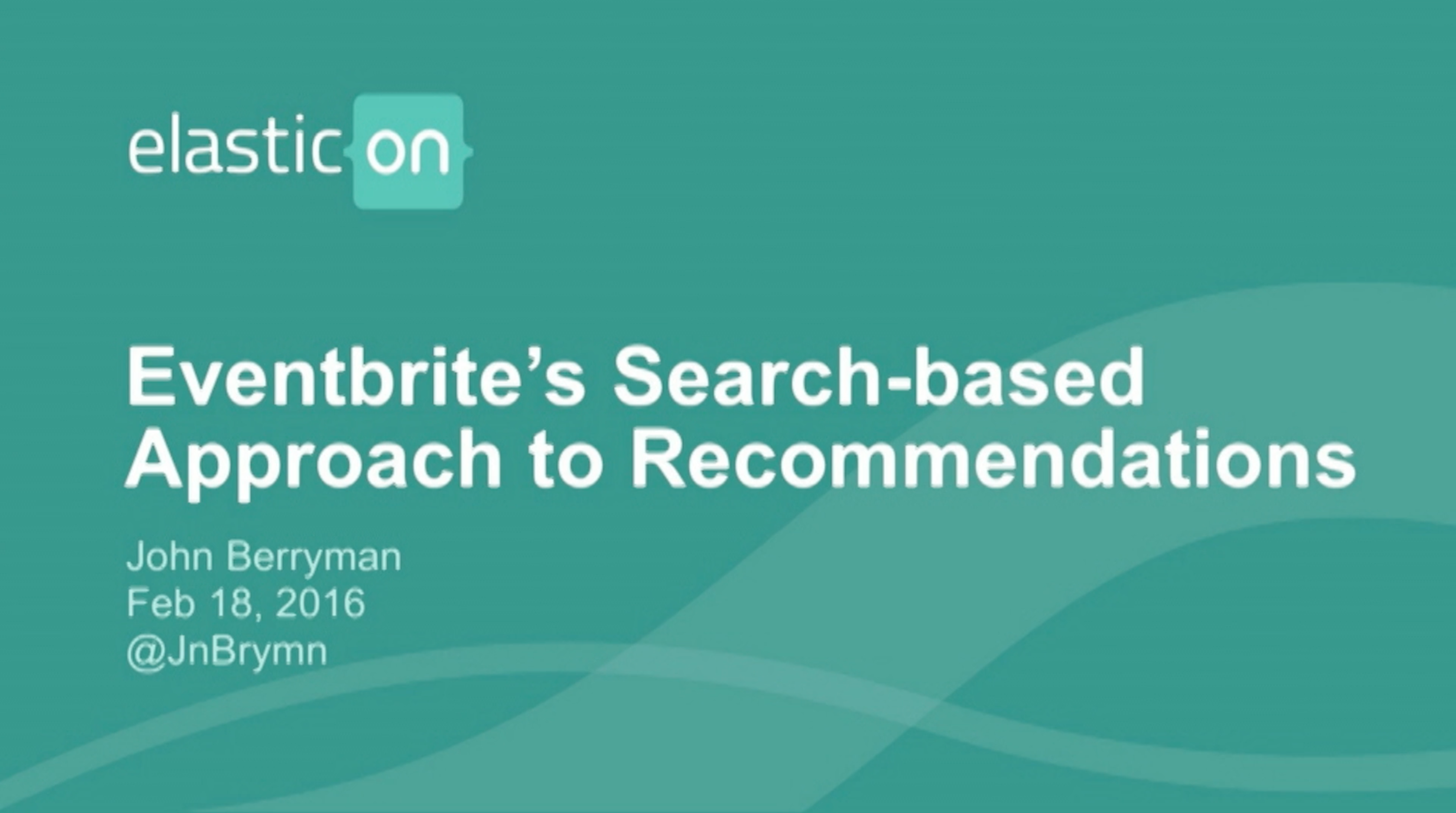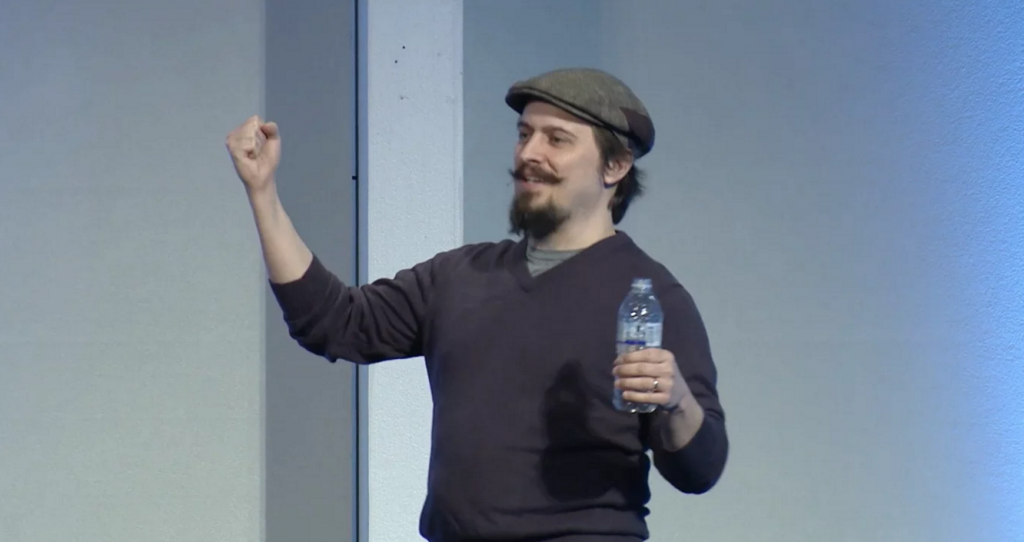Sapna Nair joins Eventbrite as our new Managing Director and Vice President of Engineering in India. Sapna is a dynamic leader who will lead Eventbrite’s expansion into India and add to our engineering expertise.
Her experience building distributed teams will accelerate hiring of top-tier talent in India, helping to deliver on our ambitious technical vision and high-growth business strategy.
Learn why Sapna chose Eventbrite and the approach she’s taking to build out her new team with these three questions.
Q. What attracted you to Eventbrite?
There are three reasons that attracted me to Eventbrite. First, I strongly believe that life is more enjoyable and meaningful when people come together for shared experiences. Eventbrite has built a phenomenal ecosystem that powers event creators all over the world to cultivate connection, build community, and scale their businesses.
Second, my discussions with all the leaders of Eventbrite were very candid, inspiring and confident. The leadership had a clear multi-year strategy for the accelerated growth of the company. They have such a strong belief in the mission of the company. The entire experience was so welcoming, indicating the oft-sought after people oriented culture, with a motivating vision.
Third, given the first two reasons, the opportunity to build and grow that same organization ground up in India was a rare chance to leverage my past skills and experience most effectively, and at the same time, I also continue to learn more through this journey.
Q. What excites you most about building and developing engineering teams?
I find the opportunity to define the best practices in people, process and technology, on a clean slate — with no bias or baggage — highly challenging and satisfying. Having said that, now contradicting my own earlier statement of having a clean slate, even though there is no bias or baggage for the specific team(s), there always exists a reference with respect to another team in another geography or another company. That makes the entire dynamics very interesting.
I love the enormous prospect it offers to coach managers and ICs. Building engineering teams comes with a lot of learning moments. Though I have done it numerous times in the past, every new cycle teaches me something new.
There is a very common impression that engineering teams are solely focussed on technology. That is true, but it is also true that engineering teams need to understand the purpose of the use of their technology. That is what triggers their innovation and inspires them to deliver their best. It means engineering teams must remain connected with the geographically distributed business teams and leadership.
I am exhilarated when, keeping engineering teams in front and center, I get to bring together all the stakeholders, across different cultures/time zones/accountabilities, with a common purpose of delighting our customers. Ultimately, the pride and satisfaction I see on the faces of our engineers is priceless, when they establish themselves as the CoE, surpassing
all the teething troubles!
Q: How do you prioritize your well-being in a remote-first environment?
- Remote-first does not equal to 24/7 availability.
- Making my work hours known to all.
- Defining everyone’s accountability
- Defining rules of engagement with all the stakeholders
- Empowering and encouraging others to manage their own flexibility, like declining meetings if it’s not convenient to them.
Advocating use of technology and automation as much as possible (like dashboards, Slack) to reduce online meeting fatigue and avoid information silos. Blocking slots in my calendar for my ‘Me-Time’.


